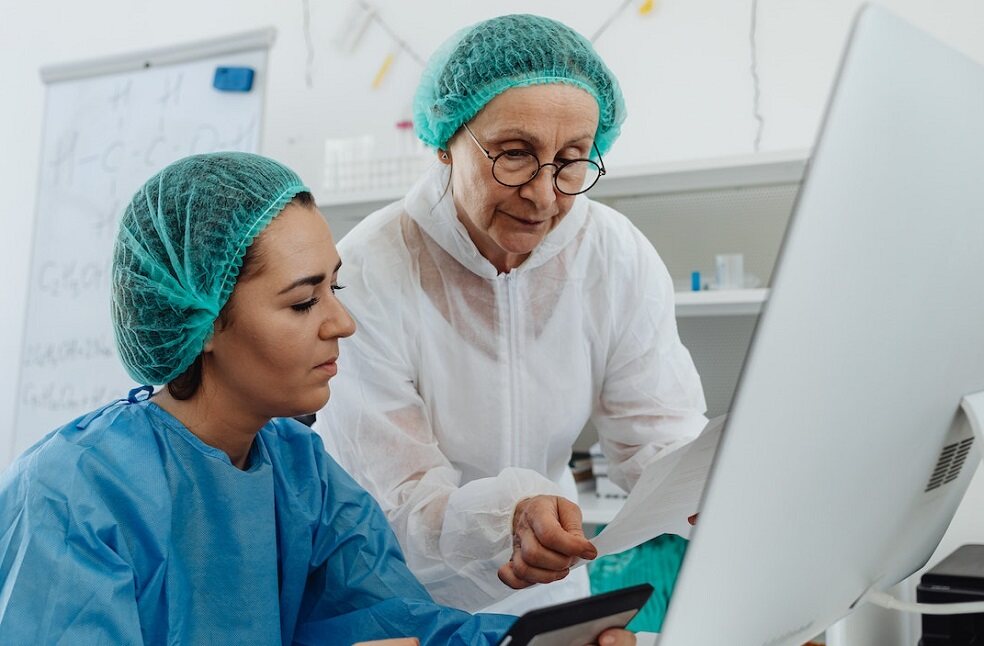China: A global study states that air pollution causes about a million stillbirths annually. According to the study, nearly half of stillbirths could be connected to exposure to pollution particles smaller than 2.5 microns which are mostly created by burning fossil fuels.
The study included 137 Nations from Asia, Africa, and Latin America, which account for 98 percent of stillbirths. It was long known that dirty air increased the risk of stillbirth even though the research is the first to estimate the number of foetal deaths. The research was based on information from over 45,000 live births and stillbirths.

“Meeting the World Health Organization (WHO) air quality targets could prevent a considerable number of stillbirths. Current efforts to prevent stillbirth focus on medical service improvements but compared to clinical risk factors, environmental ones are usually unseen,” the Scientists, led by Dr. Tao Xue at Peking University in China, remarked.
“Clean air policies, which have been enacted in some countries, such as China, can prevent stillbirths. In addition, personal protections against air pollution, ie wearing masks, installing air purifiers, avoiding going outside when air pollution occurs could also protect vulnerable pregnant women,” the Scientists further continued.
It is unclear how air pollution may lead to stillbirths. However, Scientists warned that chemicals entering the placenta could affect the placenta itself and cause “irreversible embryonic damage.” The mother’s body’s ability to deliver oxygen to the foetus may be hampered by air pollution.

The scientists cited that while the global number of stillbirths was falling, there was no decrease in about half the Low and Middle-Income Countries (LMI) countries assessed. They noted that the rate of decline of stillbirths was slower than the decline in mortality of children under five years old. “This suggests that efforts to promote maternal health are unequal for different adverse outcomes and that interventions relevant to stillbirths are inadequate,” the Scientists shared.



